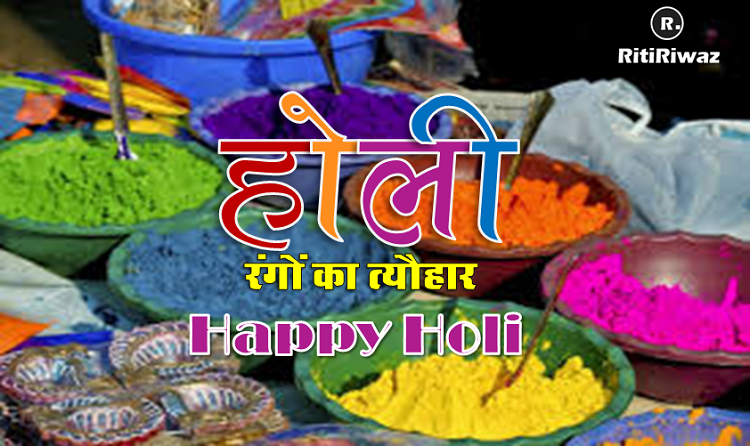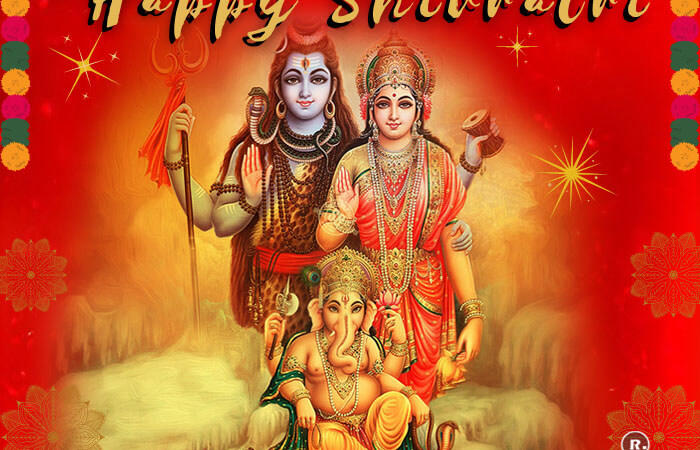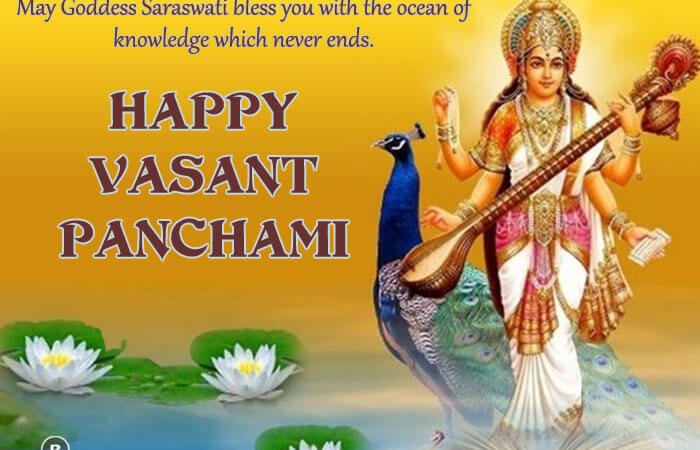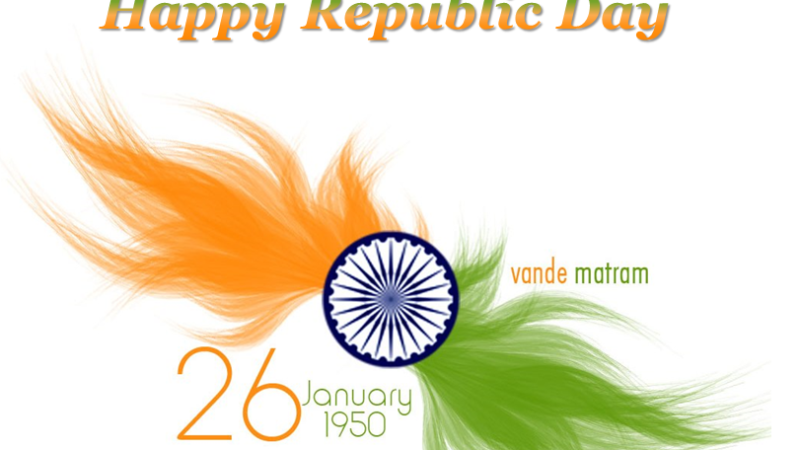Netaji Subhash Chandra Bose
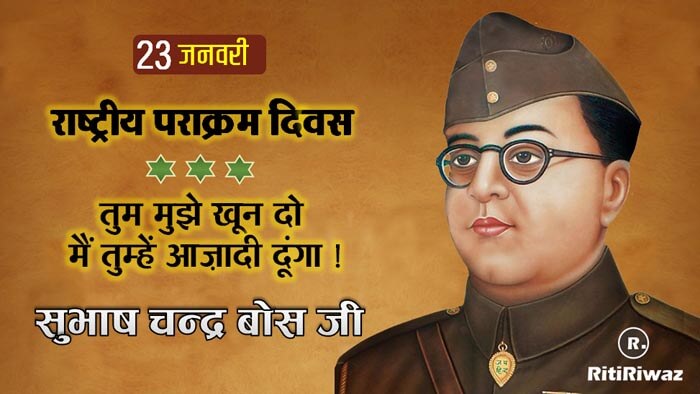
Subhash Chandra Bose is affectionately called “Netaji”. The word Netaji was first applied in early 1942 to Bose by Indian soldiers of the Indische Legion in Germany, and by German and Indian officials in the Special Bureau for India in Berlin, which was later adopted throughout India. Bose was one of the most prominent leaders in the Indian independence movement and is a legendary figure in Indian history.
Bose advocated complete unconditional independence for India, whereas the All-India Congress Committee wanted it in phases, through Dominion status. He had ideological conflicts with Mohandas K. Gandhi and after openly attacking the Congress’ foreign and internal policies. Bose believed that Gandhi’s tactics of non-violence would never be sufficient to secure India’s independence, and advocated violent resistance.
The birth anniversary of Subhash Chandra Bose is marked as Parakram Diwas (Bravery Day) in 2021 ahead of the 125th birth anniversary.
Early Life of Subhash Chandra Bose
Subhash Chandra Bose was born on 23 January 1897 in Cuttack, Orissa Division, Bengal Province, to Prabhavati Devi and Janakinath Bose, an advocate. He was the ninth in a family of 14 children. He did his schooling from Protestant European School later shifted to Protestant European School. He got the second position in the matriculation examination in 1913, he got admitted to the Presidency College.
He later joined Scottish Church College at the University of Calcutta and passed his B.A. in 1918 in philosophy. Bose went to England in 1919 with a determination that he would appear in the Civil Services (ICS) examination. There he studied in Fitzwilliam College, Cambridge, and came fourth in the ICS examination but refused to work for British Government and resigned from a civil service job. He wrote Only on the soil of sacrifice and suffering can we raise our national edifice.
He came back to India and started the Swaraj newspaper. Bose was elected the President of All India Youth Congress and was also elected as mayor of Calcutta but was arrested and sent to prison in a roundup of nationalists in 1925.
After release from prison Bose became general secretary of the Congress party A little later, Bose was again arrested and jailed for civil disobedience; this time he emerged to become Mayor of Calcutta. Bose traveled in Europe, visiting Indian students and European politicians, including Benito Mussolini, and wrote his first book The Indian Struggle which was banned by the British government out of fears that it would encourage unrest.
Subhash Chandra Bose became the Congress President in 1938 and stood for unqualified Swaraj (self-governance), including the use of force against the British. Mahatma Gandhi opposed Bose in every move. Bose attempted to maintain unity, but Gandhi advised Bose to form his own cabinet. Due to Gandhi’s move, Bose found himself forced to resign from the Congress presidency.
Bose organized the All India Forward Bloc a faction within the Indian National Congress and attended rallies everywhere, despite his clear dislike for British subjugation, he was deeply impressed by their methodical and systematic approach and their steadfastly disciplinarian outlook towards life.
On the outbreak of war, Bose advocated a campaign of mass civil disobedience to protest against Viceroy Lord Linlithgow’s decision to declare war on India’s behalf without consulting Congress leadership. Having failed to persuade Gandhi of the necessity of this, Bose organized mass protests in Calcutta calling for the ‘Holwell Monument‘ commemorating the Black Hole of Calcutta which then stood at the corner of Dalhousie Square, to be removed. He was arrested and sent to jail but later released making way for his escape to Germany via Afghanistan and the Soviet Union.
The German authorities showed sympathy towards the Indian Nationalist cause. He founded the Free India Center in Berlin, and created the Indian Legion out of Indian prisoners of war Its members swore the following allegiance “I swear by God this holy oath that I will obey the leader of the German race and state, Adolf Hitler, as the commander of the German armed forces in the fight for India, whose leader is Subhas Chandra Bose“. Bose lived in Berlin from 1941 until 1943 and married Emilie Schenkl and had a daughter named Anita Bose Pfaff.
After being disillusioned that Germany could be of any help in gaining India’s independence, he left for Japan, and with the Japanese support, he formed the Indian National Army (INA) and formed the Provisional Government of Free India in the Andaman and Nicobar Islands. When the Japanese were defeated the INA was forced to pull back, along with the retreating Japanese army, and fought in key battles against the British Indian Army. A large proportion of the INA troops surrendered under Lt Col Loganathan. The remaining troops retreated with Bose towards Malaya or made for Thailand. Japan’s surrender at the end of the war also led to the surrender of the remaining elements of the Indian National Army. The INA prisoners were then repatriated to India and some were tried for treason.
On 6 July 1944 Bose addressed Mahatma Gandhi as the “Father of the Nation” and asked for his blessings and good wishes for the war he was fighting. Subhas Chandra Bose’s death occurred from third-degree burns on 18 August 1945 after his overloaded Japanese plane crashed in Japanese-ruled Formosa (now Taiwan).
Bose had clearly expressed his belief that democracy was the best option for India. His most famous quote/slogan was “Give me blood and I will give you freedom“. Another famous quote was Dilli Chalo (“On to Delhi)!” This was the call he used to give the INA armies to motivate them. Jai Hind, or, “Glory to India!” was another slogan used by him and later adopted by the Government of India and the Indian Armed Forces. Another slogan coined by him was “Ittefaq, Etemad, Qurbani” (Urdu for “Unity, Agreement, Sacrifice”). INA also used the slogan Inquilab Zindabad.
Netaji’s followers have demanded his birthday be named “Desh Prem Divas”. West Bengal government had declared a holiday on the occasion of the birthday of Netaji Subhas Chandra Bose and a lot of celebrations take place in the whole of Bengal.

